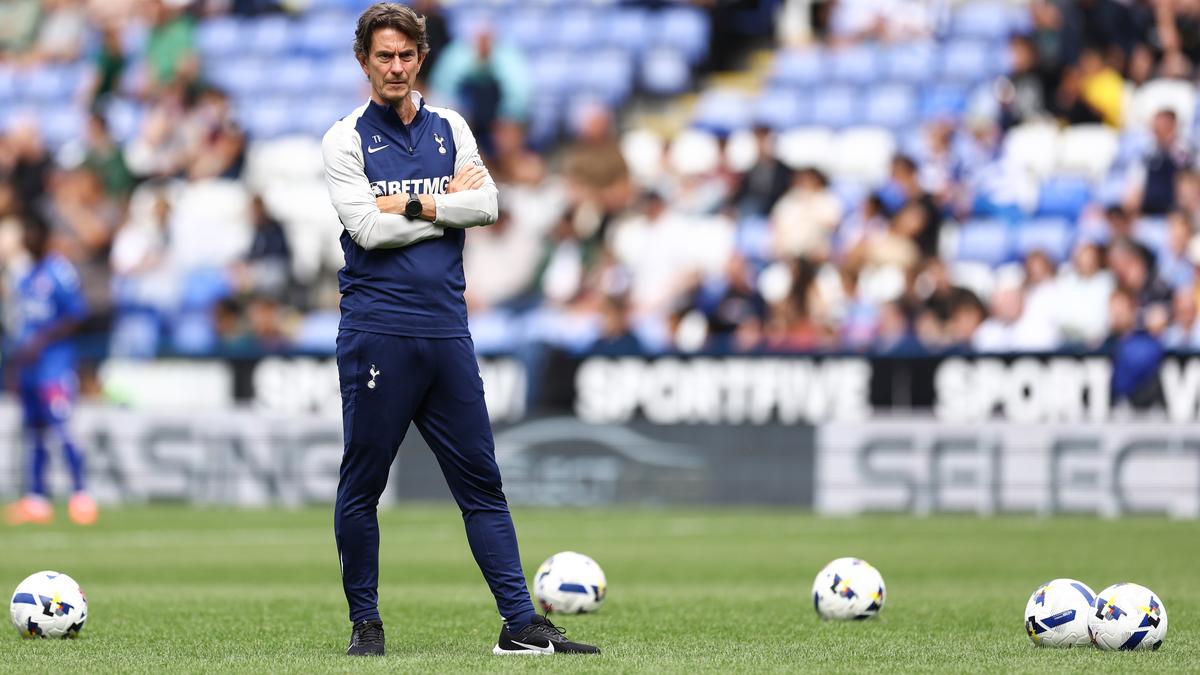India were expected to win 2-0, and they did exactly that. The focus, however, was on Shubhman Gill, a different personality than the one who led the Indian team on the tour of England recently, his inaugural series in charge. Then he was an untested quality, batting average in the 30s, captaincy experience in red ball cricket limited.
He had to prove himself on two fronts while taking Indian cricket forward following the departure of the three stalwarts, Virat Kohli, Rohit Sharma and Ravichandran Ashwin. With over 750 runs in five Tests, he made a mockery of the uncertainty over his ability to adapt to conditions in England. And a 2-2 series finish meant his captaincy wasn’t too shabby either.
Quick learner
In both roles, he showed himself to be a quick learner, earning the respect of his colleagues, and especially those who might have nursed ambitions of their own of leading India. And he did it his way, with little fuss, no excessive attention-seeking on the field, and with confidence suggesting he had been born into his roles.
Being accepted as an Indian captain is a major task. It seldom happens in the first series, especially when former captains are in the team. But K.L. Rahul and Jasprit Bumrah only made Gill’s task easier, acting like the senior players they were, ready with advice and the occasional concern which was not driven by personal agenda.
This was seldom the case with young captains in the past, as with Mohammad Azharuddin on his first series as captain in New Zealand. Or even Sourav Ganguly who said famously that he had the second most important job in the country after the Prime Minister. Probably the second most difficult too.
With that background, Gill took on the West Indies. Anything less than at least one century and a 2-0 series win would have been seen as a disaster. Questions would have been asked. Trolls — and he seems to attract a particularly vicious lot — would have had a field day. No individual, let alone a national captain should be subject to such abuse.
Gill ticked the boxes then, with a century himself in a 2-0 win. He showed he clearly enjoys his job. But it’s more than just the runs. Equally important is the manner in which he has made them as a fitting successor to Sachin Tendulkar and Virat Kohli at No. 4 in the order.
Ruthless
Few batters in international cricket drive or pull with his elegance; none play the short arm jab with such certainty. ‘Ruthlessness’ is not a word that should be associated with sport, but there is a ruthlessness about the batting which is not yet a feature of his captaincy.
Most captains would have chosen to bat again in the Delhi Test, piled up a quick total and then with the track having deteriorated, asked the West Indies to either swim or sink. Indian bowlers needed nearly 120 over to dismiss them a second time — they bowled nearly 200 overs in a row — and although time was not a factor, rest was not factored in. That’s a minor crib, however, but ‘workload management’ being the current buzz phrase, such things will attract attention.
From a larger perspective, the fact that it enabled two visitors to make centuries and hint however weakly at the suggestion of a West Indies revival, can only be good for that game. Sometimes unintended consequences can be positive, although the West Indies will have to do a lot more. The desperation that cricket fans have for the resurgence of a once-great team like the West Indies is a feature of the modern game.
As Gill knows, every series is a test, every format another challenge. To lead in all three formats (Gill leads in two and is vice captain in T20) while being the side’s leading batter is not unusual, but requires great adaptability and amazing fitness, both physical and mental.
Every captain stamps the team with his own personality. While Gill evolves into the leader he will become, and the Indian team settles into the ideal version of the captain, Indian fans can look forward to a treat in the process. That is what change promises.
Published – October 15, 2025 12:30 am IST

